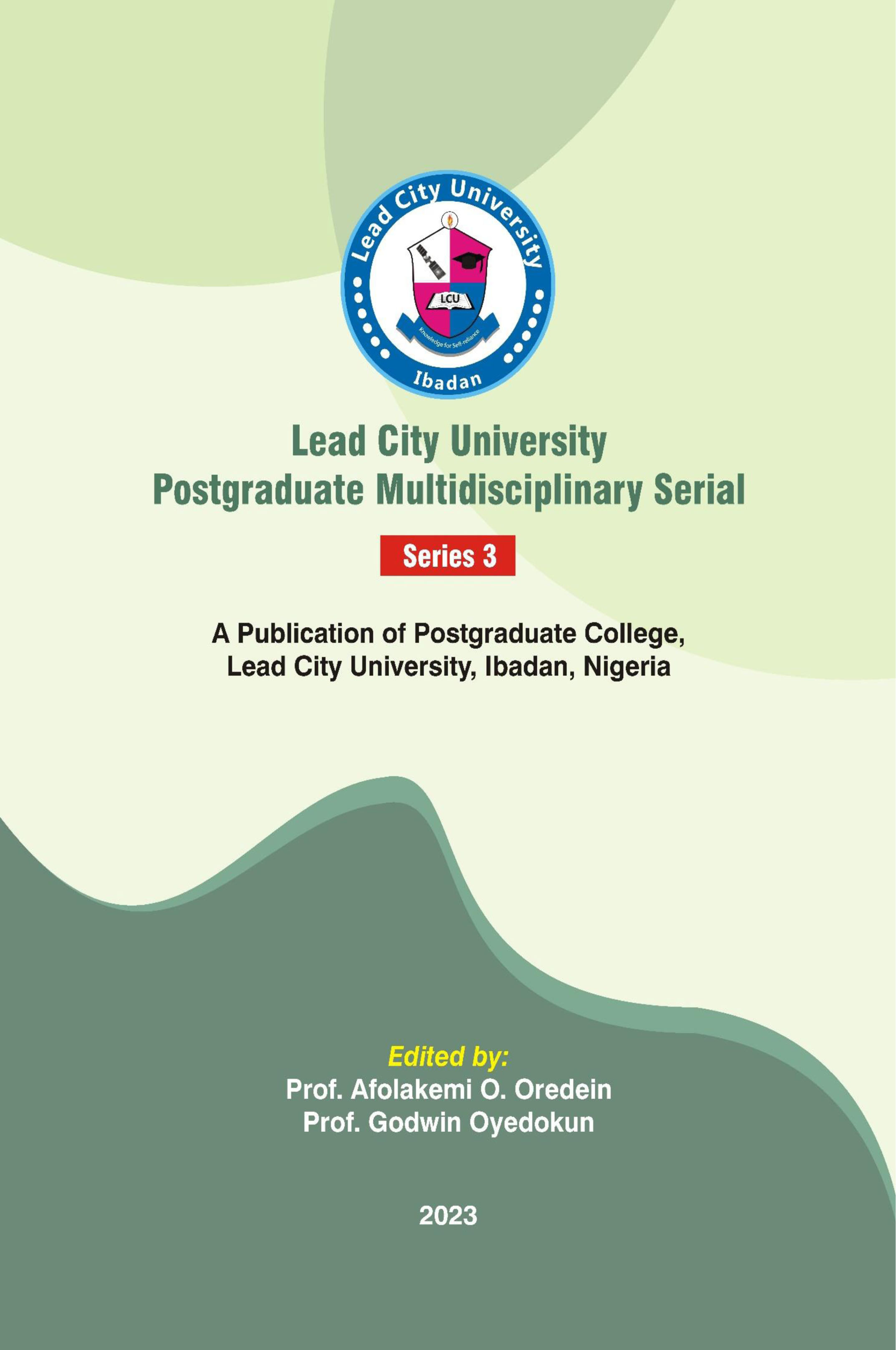Enhancing Sustainable Development in Nigeria through Entrepreneurship Education
Keywords:
Entrepreneurship Education, Sustainable DevelopmentAbstract
This study examines the connection between entrepreneurship education and sustainable
development in Nigeria using a qualitative approach based on a literature review.
Entrepreneurship education is a process that imparts knowledge, skills, and attitudes to foster
entrepreneurial thinking and behavior. It aims to develop an entrepreneurial mindset and equip
individuals with the tools to identify business opportunities, take risks, and manage successful
ventures. Sustainable development seeks to balance economic growth, social progress, and
environmental protection. Through a comprehensive review of relevant literature, this study
explores the key components of entrepreneurship education, including knowledge acquisition,
skill development, mindset cultivation, experiential learning, and access to support and
resources. It also investigates the challenges facing sustainable development in Nigeria, such
as poverty and inequality, weak infrastructure, corruption and governance issues,
environmental degradation, and skills gaps. By analyzing and synthesizing existing literature,
the study emphasizes the role of entrepreneurship education in addressing these challenges and
promoting economic empowerment, innovation, sustainable business practices, job creation,
community development, resilience, and collaboration. The qualitative approach adopted in
this study allows for a deep understanding of the theoretical foundations, practical applications,
and potential impacts of entrepreneurship education on sustainable development. The study
highlights the need for integrating entrepreneurship education into formal education systems,
promoting experiential learning and collaboration, fostering partnerships and networks,
emphasizing sustainability and social responsibility, addressing skills gaps, promoting lifelong
learning, raising awareness and advocacy, and evaluating and monitoring the impact of
entrepreneurship education programmes.

